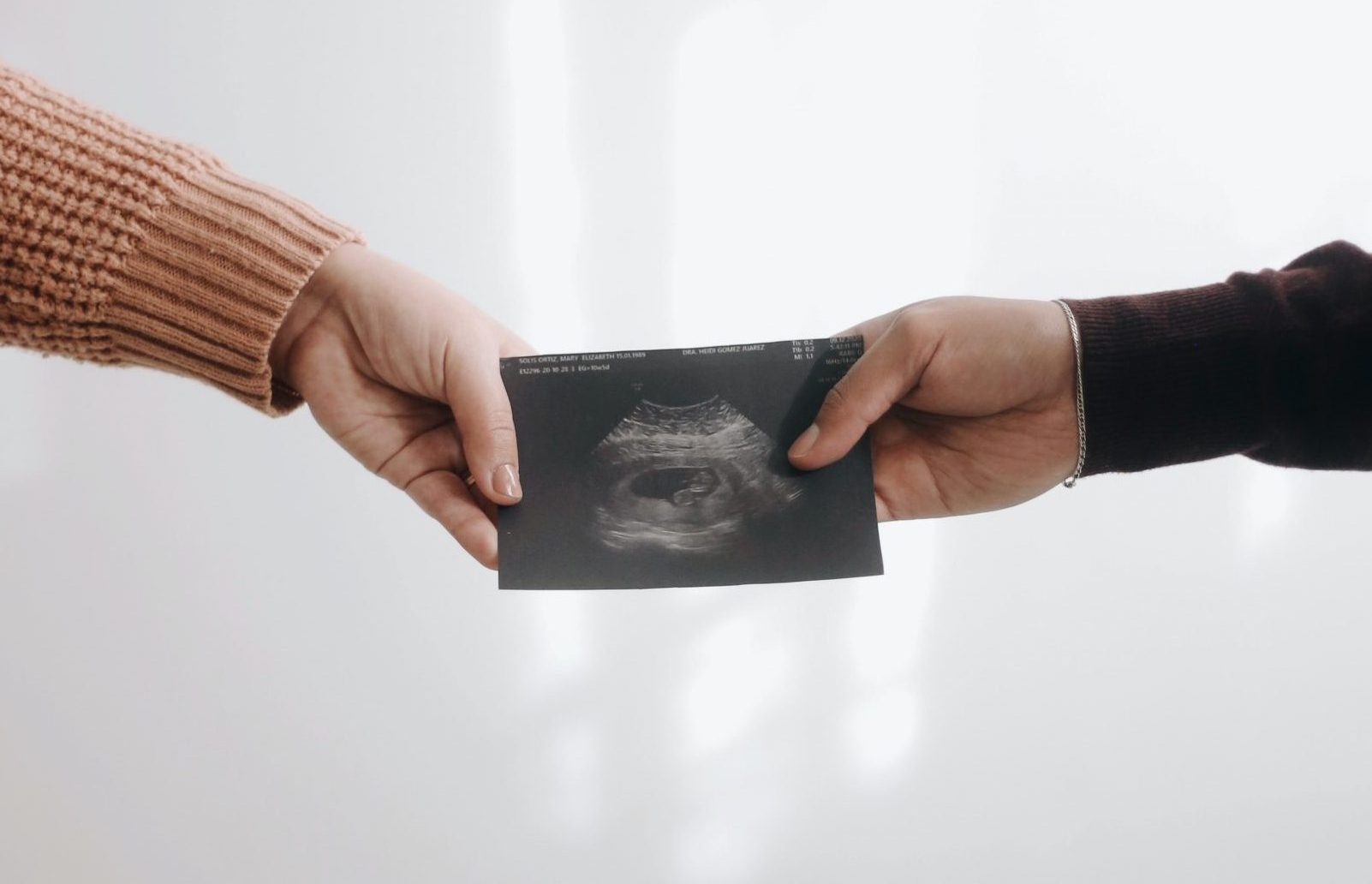
‘Choose Life!’ The Theology of the Sanctity of Life
As discussed by Sam Horn on The Steve Noble Show on Jan. 20.
This Saturday marks 49 years since the Supreme Court gave women a constitutional right to abortion.
More than 62 million abortions have occurred since Roe v. Wade, which began when a 21-year-old divorced, homeless high-school dropout was connected with two lawyers seeking to challenge Texas’ abortion ban.
(By the way, “Jane Roe,” a.k.a. Norma McCorvey, never saw her lawyers again after she signed an affidavit, never appeared in court, and in fact, never aborted her child.)
That number is staggering! Which is why every year on Sanctity of Life Sunday — celebrated variously this year on Jan. 16 and 23 — evangelical churches call worshippers to reflect deeply, pray fervently and respond personally to what God has said on the issue.
That process starts by answering five basic questions (plus one) from His Word — to demonstrate God’s will that we recognize and protect the sanctity of all human life.
Question 1, with regard to ourselves: Does God give me the ultimate right to choose what to do with my body?
The Scriptures are so clear on this point they scarcely need elaboration:
- We are unique, blessed image-bearers of God who must hold life sacred: “So God created man in his own image … . And God blessed them” (Gen. 1:27-28a).
- Our bodies are God’s, not ours: “Know ye not that … ye are not your own? For ye are bought with a price: therefore glorify God in your body, and in your spirit, which are God’s” (1 Cor. 6:19-20).
- We must use our bodies (and minds) in ways that please and honor Him: “Present your bodies a living sacrifice, holy, acceptable unto God … that ye may prove what is that good, and acceptable, and perfect, will of God” (Rom. 12:1-2). One such way: bear children! “God said unto them, Be fruitful, and multiply” (Gen. 1:28).
Question 2, with regard to others: Does God give me the individual right to intentionally harm the life or well-being of another person?
- No, by direct commandment: “Thou shalt not kill” (Ex. 20:13; Deut. 5:17; Matt. 19:18).
- No, by extreme penalty: “Whoso sheddeth man’s blood, by man shall his blood be shed: for in the image of God made he man” (Gen. 9:6).
- No, by New Testament ethic: “But whoso shall offend one of these little ones … it were better for him that a millstone were hanged about his neck, and that he were drowned in the depth of the sea. … Even so it is not the will of your Father which is in heaven, that one of these little ones should perish” (Matt. 18:6, 14).
Question 3: So since God owns my body, and I mustn’t use it to harm a person, who is a person, and when does she or he become one?
In God’s eyes, a person is a person not just from the moment of conception …
- Formed in the womb by God: “For you formed my inward parts; you knitted me together in my mother’s womb. I praise you, for I am fearfully and wonderfully made” (Ps. 139:13-14, ESV).
- With souls from conception (already with a sin nature): “I was shapen in iniquity; and in sin did my mother conceive me” (Ps. 51:5).
- Capable of feelings in the womb: “As soon as the voice of (Mary’s) salutation sounded in (Elizabeth’s) ears, the babe (John the Baptist) leaped in (her) womb for joy” (Luke 1:44).
… we are persons known of God before the beginning of time!
- “Before I formed thee in the belly I knew thee; … and I ordained thee a prophet” (Jer. 1:5).
- “Blessed be the God and Father of our Lord Jesus Christ. … According as he hath chosen us in him before the foundation of the world” (Eph. 1:3-4).
Question 4, with regard to Government: What responsibility does a government have to protect its citizens’ lives and well-being?
- Protect every life by demanding the ultimate penalty for terminating life (Gen. 9:6), as a minister of God: “The powers that be are ordained of God … . … The minister of God, a revenger to execute wrath upon him that doeth evil” (Rom. 13:1, 4).
- Protect in particular the innocent and the righteous … : “The innocent and righteous slay thou not: for I will not justify the wicked” (Ex. 23:7).
- … Including the unborn: “If men strive, and hurt a woman with child, so that her fruit depart from her, and yet no mischief follow: he shall be surely punished … as the judges determine. … And if any mischief follow, then thou shalt give life for life” (Ex. 21:22-23).
Question 5, with regard to the Church: What does God want His people to do when the sanctity of human life is violated?
The murder of tens of millions of unborn people should trouble us and cause us to:
- Grieve profoundly.
- Pray persistently.
- Voice our objections boldly.
- Do our part to intervene legally.
- Guard against this sin personally.
And here’s the “plus one”: What if I have had an abortion?
God especially has a word for you! He wants you to:
- Run to Jesus as fast as you can — crawl if you have to — for salvation and/or forgiveness (Matt. 11:28-30).
- Believe Jesus when He said, “I forgive you.” (Matt. 9:6).
- Hang on to Jesus — with all the strength you can (John 10:10; 15:4, 9).
- Rely on the grace of Jesus — every day, hour and moment (Heb. 13:8).
